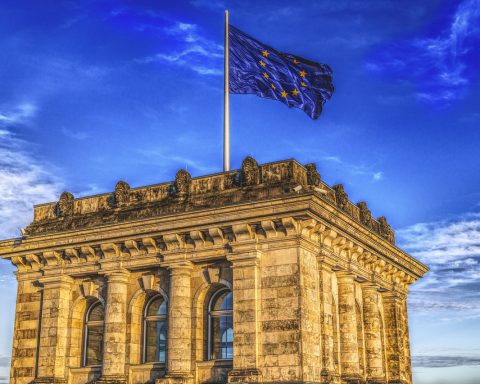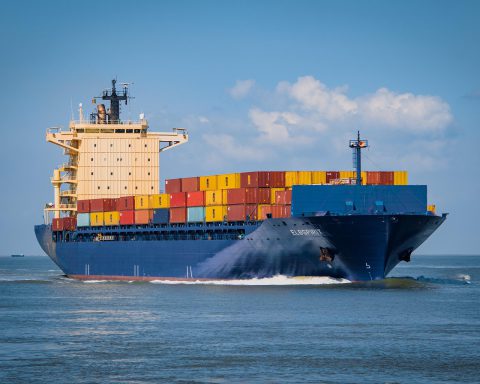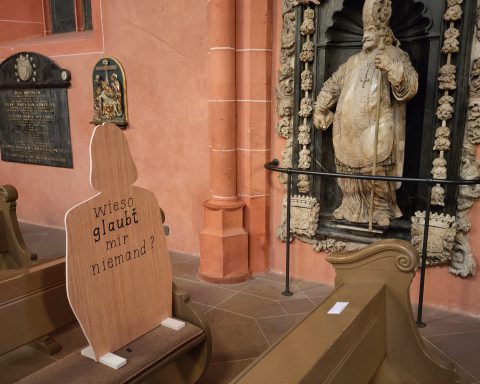The next round of state parliamentary elections is on 4 September, 2016, and AfD is expected to do well in Mecklenburg-Vorpommern.
The results of parliamentary elections in three German states caused shock and bewilderment with Germany’s traditional parties. The right-wing party AfD gained 24.2% in Saxony-Anhalt, 12.6% in Rhineland-Palatinate and 15.1% in Baden-Württemberg. In Saxony-Anhalt, the AfD was in fact the most popular party among men as well as among voters below 60.
Many of its voters had previously abstained from voting. Nevertheless, 47% of AfD-voters claim to have voted for the party out of protest against the traditional parties. This is disturbing, particularly given recent AfD-statements calling for immigrants to be shot at the border if they attempt to enter the country illegally. Nevertheless, if there is one positive aspect of yesterday’s election, it is this: turnout has gone up significantly.
AfD’s gains
Saxony-Anhalt
Until yesterday’s election, Saxony-Anhalt was ruled by a CDU-SPD coalition government. The AfD’s landslide victory will make this constellation impossible. In Saale-Unstrut district, which pretty much borders Leipzig, the AfD got over 30%. Furthermore, this election represents the first instance in German history that a ‘grand coalition’ cannot form a government.
As the Greens barely made it into parliament (by being 0.2% above the 5% threshold) it is likely that a government will be formed between the CDU, the SPD and the Greens, but this is by no means certain. New elections are thus entirely within the realm of possibility. Had the Greens not made it into parliament, Die Linke would have had to be included in the coalition, which seems as likely as snow in July.
Baden-Württemberg
This south-western state is a slight aberration in German politics, as it is the only state with a Green prime minister. The Greens celebrated a decisive victory, receiving 30.3% of the popular vote, which is largely due to their hugely popular leader Winfried Kretschmann. The CDU received 27% of votes – a massive defeat in what is traditionally one of the CDU’s strongest states.
The SPD similarly suffered massive losses. The great winner of the election night, all things considered, is once again the AfD (15.1%).
Rhineland-Palatinate
This is the only state where the traditional German party system has more or less remained intact, despite the AfD receiving 12.6%. The election campaign was characterised by a battle between reigning SPD prime minister Malu Dreyer and her CDU contender Julia Klöckner. Although the difference between the two parties was slim (SPD 36% vs. CDU 32%), Dreyer managed to improve the SPD’s result.
The liberal FDP managed to re-enter the state parliament, which some have interpreted as the renaissance of the liberal party.
German political parties
CDU: The conservative Christian Democratic Union of Germany has been the most successful political party of post-War Germany. It traditionally has attempted to form alliances with the liberal FDP. However, since 2010 the FDP has disappeared from most state parliaments as well as from the Bundestag (German national parliament), making their hunt for coalition partners more difficult.
SPD: The Social Democratic Party of Germany represents the centre-left of the German political spectrum. It used to attract working class voters. Since former chancellor Gerhard Schröder implemented his Hartz-IV-reforms, which curbed the size of the welfare state, support for the party has plummeted. Coalitions with the CDU have become commonplace. The national government is composed of a CDU-SPD coalition (‘grand coalition’).
Die Linke: This left-wing party is an important political force in eastern Germany. Is forms coalition governments with the SPD and the Greens in several states. Its success in western Germany has been limited, especially because it is technically the legal descendant of East Germany’s Communist party.
Bündnis ‘90/Die Grünen: The left-wing green party has been a constant in Germany’s political spectrum ever since the 1980s. The party has traditionally sought to enter coalition governments with the SPD. However, since the demise of the SPD it has become increasingly difficult to form such coalitions.
AfD: The Alternative for Germany was founded in 2013 to protest against the CDU/FDP-government’s policy towards Greece and the eurozone. Internal struggles caused the breakup of the party in 2015, accelerating the transformation of the party towards nationalism and right-wing populism, which paradoxically made it even more popular. The party leader in Thuringia (Björn Höcke) is openly racist.










